Ron Johnson: the retail king’s quest for redemption
Ron Johnson’s spell at JCPenney, following his triumph at Apple, was a disaster. Now, his latest attempt to rescue his reputation has just crashed into bankruptcy.
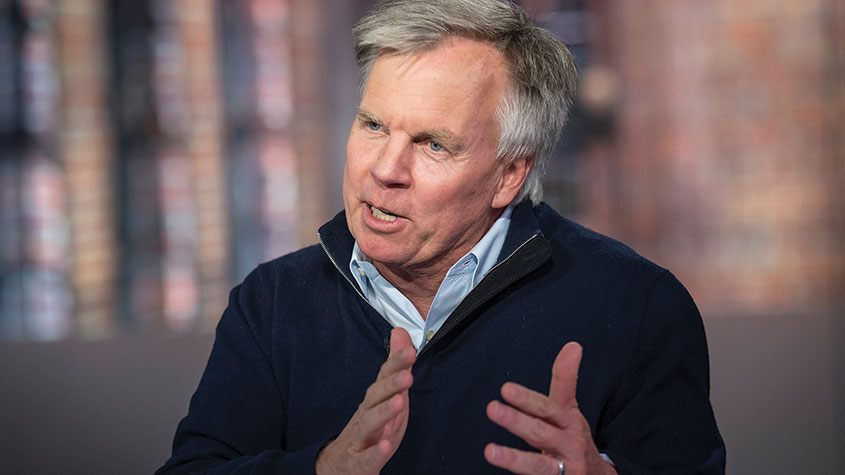
Get the latest financial news, insights and expert analysis from our award-winning MoneyWeek team, to help you understand what really matters when it comes to your finances.
You are now subscribed
Your newsletter sign-up was successful
Want to add more newsletters?

Twice daily
MoneyWeek
Get the latest financial news, insights and expert analysis from our award-winning MoneyWeek team, to help you understand what really matters when it comes to your finances.

Four times a week
Look After My Bills
Sign up to our free money-saving newsletter, filled with the latest news and expert advice to help you find the best tips and deals for managing your bills. Start saving today!
Apple Store inventor Ron Johnson is given to Zen-like aphorisms that slightly miss the mark – instructing employees, for instance, to “ruthlessly eliminate hurry”. It adds to a sense of mixed messages. Beneath his trademark Midwestern calm, a colleague once observed, is “a boiling cauldron” that has powered a career of extremes.
Fêted as a revolutionary retail genius at Apple, Johnson bombed from hero to zero during a disastrous 18-month run at JCPenney, which, a decade on, still makes the lists of great management cock-ups. Ever since, says the New York Observer, he’s “been on a quest for redemption”.
Johnson’s attempt to revolutionise shopping
To his credit, Johnson shrugged off his humiliating firing, almost immediately securing Wall Street backing for a new venture that tapped his famed ability to put the “humanness” into tech support.
MoneyWeek
Subscribe to MoneyWeek today and get your first six magazine issues absolutely FREE

Sign up to Money Morning
Don't miss the latest investment and personal finances news, market analysis, plus money-saving tips with our free twice-daily newsletter
Don't miss the latest investment and personal finances news, market analysis, plus money-saving tips with our free twice-daily newsletter
Enjoy Technology, which launched in 2015 when the “Uberisation” of everything was in full swing, was billed as “the next big thing in disruptive retail”, says Retail Dive.
Strip out the jargon and the essential offer was “a mobile store” – featuring a fleet of vans crammed with gadgets and empathetic geeks, bent on maximising that crucial “last-mile” opportunity to upsell. “What we’re trying to do,” said Johnson, “is to deliver unimagined customer service. It’s better than a store, it’s the same price as online, and it’s faster than even Amazon Prime.” In early 2020 Forbes declared that “this start-up may be his crowning achievement”.
Still, having set out to disrupt retail, Enjoy got disrupted itself. Nine months after scrambling onto the “blank-cheque” initial public offering bandwagon via a merger with Marquee Raine Acquisition, valued at $1.1bn, it has filed for bankruptcy, says the Financial Times. Johnson’s great comeback vehicle has evaporated into just another statistic of the Spac bust.
Humble career beginnings and a call from Apple
Now 62, Johnson started out humbly – after gaining a BA from Stanford and an MBA from Harvard – by taking a trainee position with Mervyn’s, a “middle-scale” Californian department-store chain, before moving back to Minnesota to join Target. It was here he made his mark as a moderniser, says Retail Dive: signing a series of design partnerships that turned Target into “Tar-zhay”, an aspirational, middlebrow mega-retailer, using “a playbook” that H&M, Uniqlo and many others have since copied. From there it was a short step to being headhunted by Apple in 2000.
If Ron Johnson made Target “hip”, he made Apple stores “the envy of retail”, says Forbes – eventually boasting “far higher sales per square foot than even luxury retailers such as Tiffany and Saks”. Johnson’s gamble was to put a computer shop among these swans in the guise of stylish, but approachable, temples of Apple technology. His new “Genius Bar” format upended accepted perceptions of dire technical support.
Decades after this “hyper-successful” retail gambit, Johnson was still name-dropping his “famed mentor” Steve Jobs, says the FT. Arguably he had every right to, says Fast Company. “The resurgence of Apple in the early 2000s is at least partially due” to the way Johnson “revolutionised the computer shopping experience”.
The Steve Jobs playbook
When the established but dowdy department chain JCPenney secured Johnson’s services in 2011, it seemed all its Christmases had come at once. Yet in record time, he inflicted wounds from which it is still recovering, says the New York Observer.
In keeping with Jobs’ “disdain for focus groups”, Johnson dispensed with customer surveys – spending big on a new regime that swept away favourite brands and an old-fashioned, but popular, coupon system, says Fast Company. Sales plunged, as did the shares – prompting Johnson’s early eviction.
Hopes that Enjoy Technology would mark a return to form have, at least temporarily, been dashed. Now in Chapter 11 bankruptcy, the firm’s future is up in the air.
“I have learned from many, but the most powerful lessons I learned came from working… with Steve Jobs,” Johnson said last year. “He taught me that when you deliver the highest quality you can imagine, you will have a great business forever.” Not always.
Get the latest financial news, insights and expert analysis from our award-winning MoneyWeek team, to help you understand what really matters when it comes to your finances.
Jane writes profiles for MoneyWeek and is city editor of The Week. A former British Society of Magazine Editors (BSME) editor of the year, she cut her teeth in journalism editing The Daily Telegraph’s Letters page and writing gossip for the London Evening Standard – while contributing to a kaleidoscopic range of business magazines including Personnel Today, Edge, Microscope, Computing, PC Business World, and Business & Finance.
-
 How a ‘great view’ from your home can boost its value by 35%
How a ‘great view’ from your home can boost its value by 35%A house that comes with a picturesque backdrop could add tens of thousands of pounds to its asking price – but how does each region compare?
-
 What is a care fees annuity and how much does it cost?
What is a care fees annuity and how much does it cost?How we will be cared for in our later years – and how much we are willing to pay for it – are conversations best had as early as possible. One option to cover the cost is a care fees annuity. We look at the pros and cons.
-
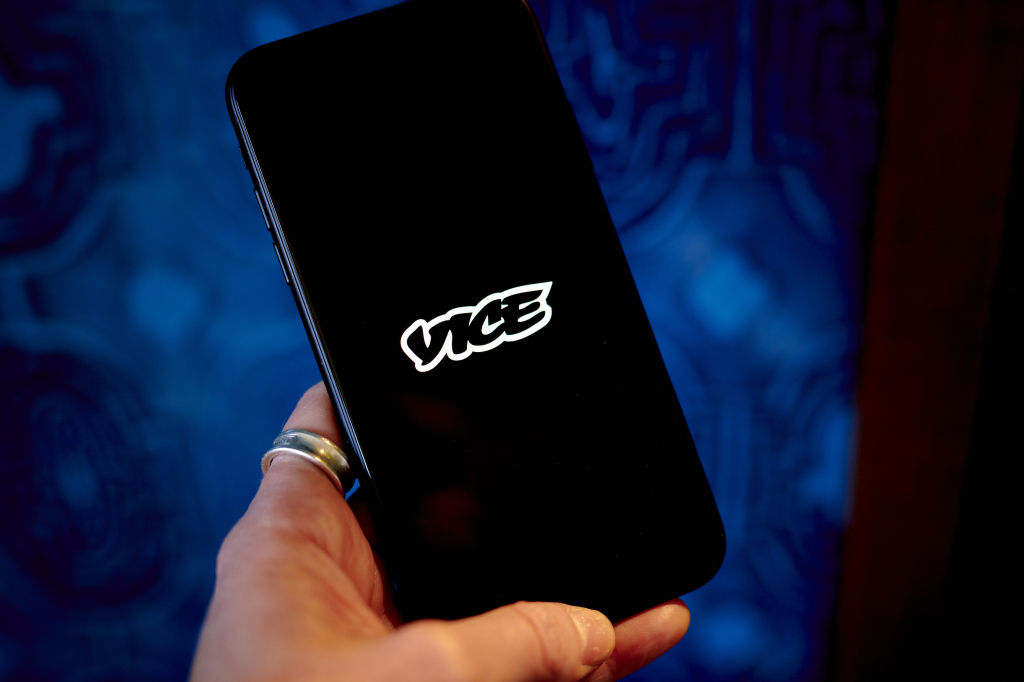 VICE bankruptcy: how did it happen?
VICE bankruptcy: how did it happen?Was the VICE bankruptcy inevitable? We look into how the once multibillion-dollar came crashing down.
-
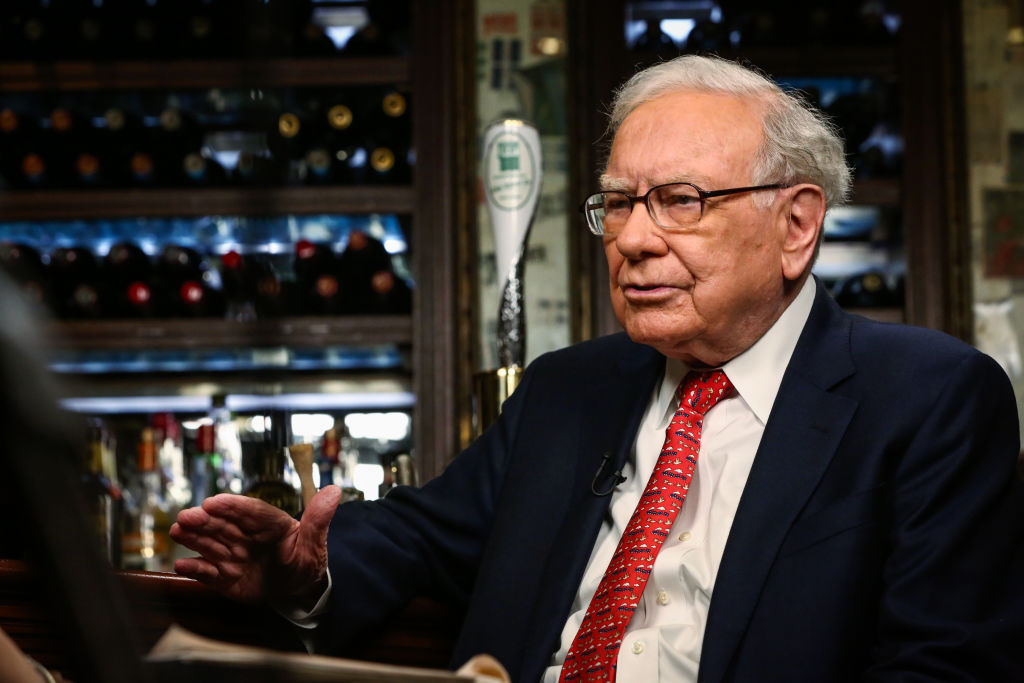 What is Warren Buffett’s net worth?
What is Warren Buffett’s net worth?Warren Buffett, sometimes referred to as the “Oracle of Omaha”, is considered one of the most successful investors of all time. How did he make his billions?
-
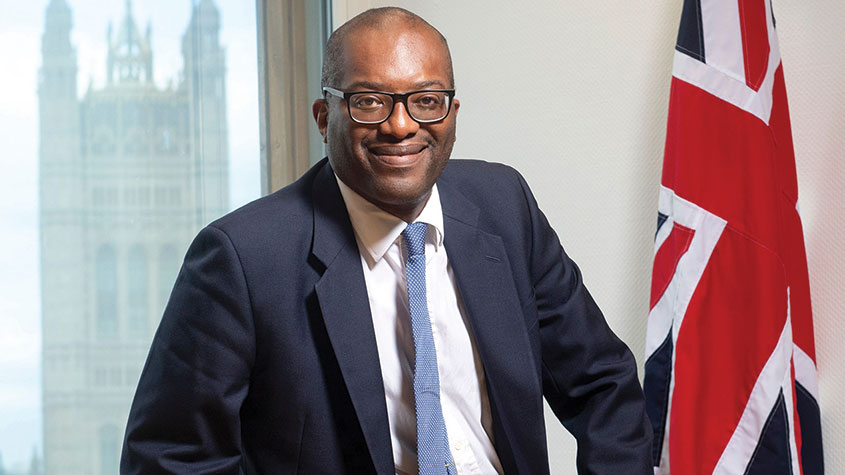 Kwasi Kwarteng: the leading light of the Tory right
Kwasi Kwarteng: the leading light of the Tory rightProfiles Kwasi Kwarteng, who studied 17th-century currency policy for his doctoral thesis, has always had a keen interest in economic crises. Now he is in one of his own making
-
 Yvon Chouinard: The billionaire “dirtbag” who's giving it all away
Yvon Chouinard: The billionaire “dirtbag” who's giving it all awayProfiles Outdoor-equipment retailer Yvon Chouinard is the latest in a line of rich benefactors to shun personal aggrandisement in favour of worthy causes.
-
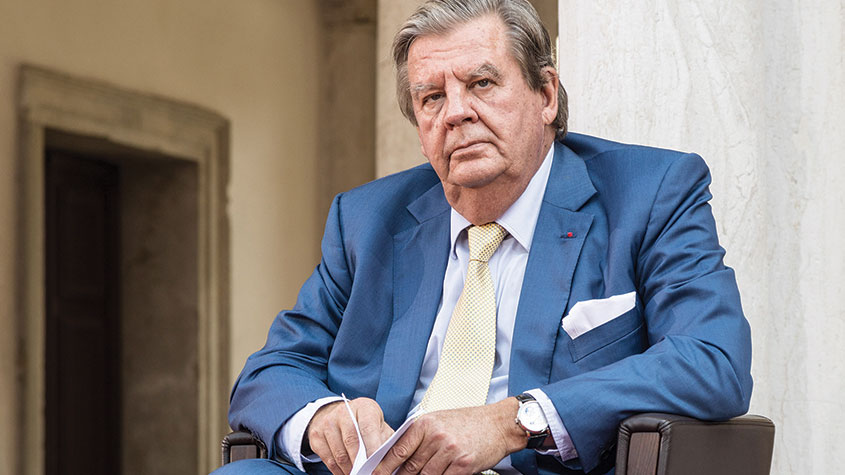 Johann Rupert: the Warren Buffett of luxury goods
Johann Rupert: the Warren Buffett of luxury goodsProfiles Johann Rupert, the presiding boss of Swiss luxury group Richemont, has seen off a challenge to his authority by a hedge fund. But his trials are not over yet.
-
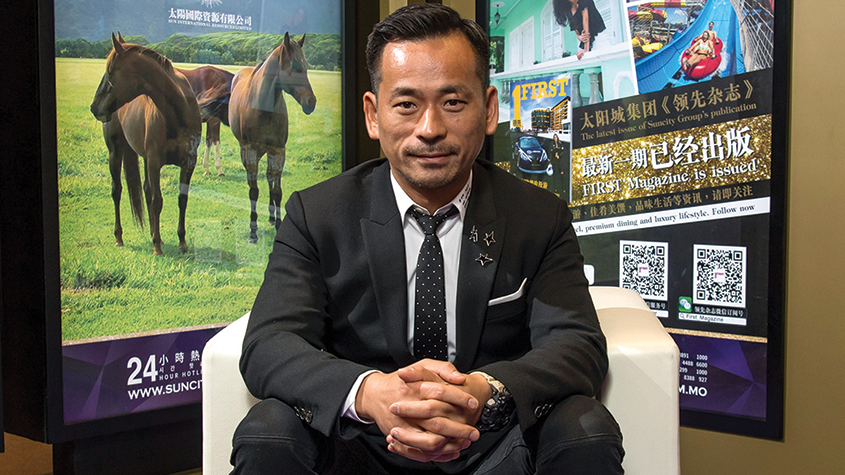 Profile: the fall of Alvin Chau, Macau’s junket king
Profile: the fall of Alvin Chau, Macau’s junket kingProfiles Alvin Chau made a fortune catering for Chinese gamblers as the authorities turned a blind eye. Now he’s on trial for illegal cross-border gambling, fraud and money laundering.
-
 Ryan Cohen: the “meme king” who sparked a frenzy
Ryan Cohen: the “meme king” who sparked a frenzyProfiles Ryan Cohen was credited with saving a clapped-out videogames retailer with little more than a knack for whipping up a social-media storm. But his latest intervention has backfired.
-
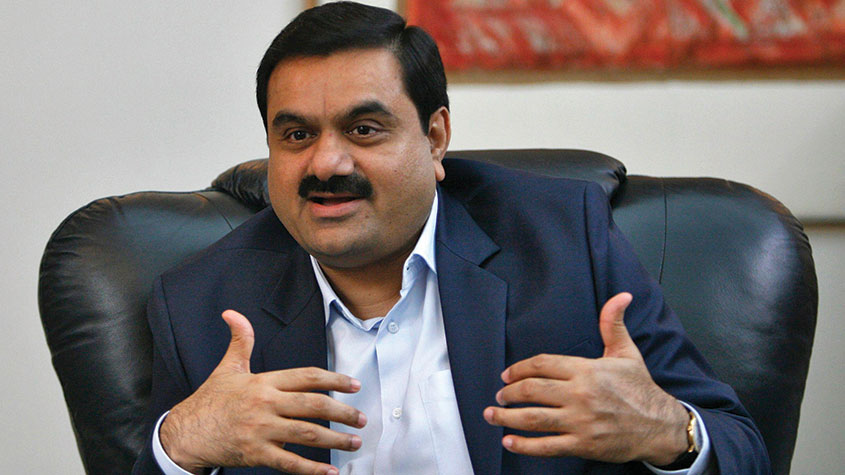 The rise of Gautam Adani, Asia’s richest man
The rise of Gautam Adani, Asia’s richest manProfiles India’s Gautam Adani started working life as an exporter and hit the big time when he moved into infrastructure. Political connections have been useful – but are a double-edged sword.